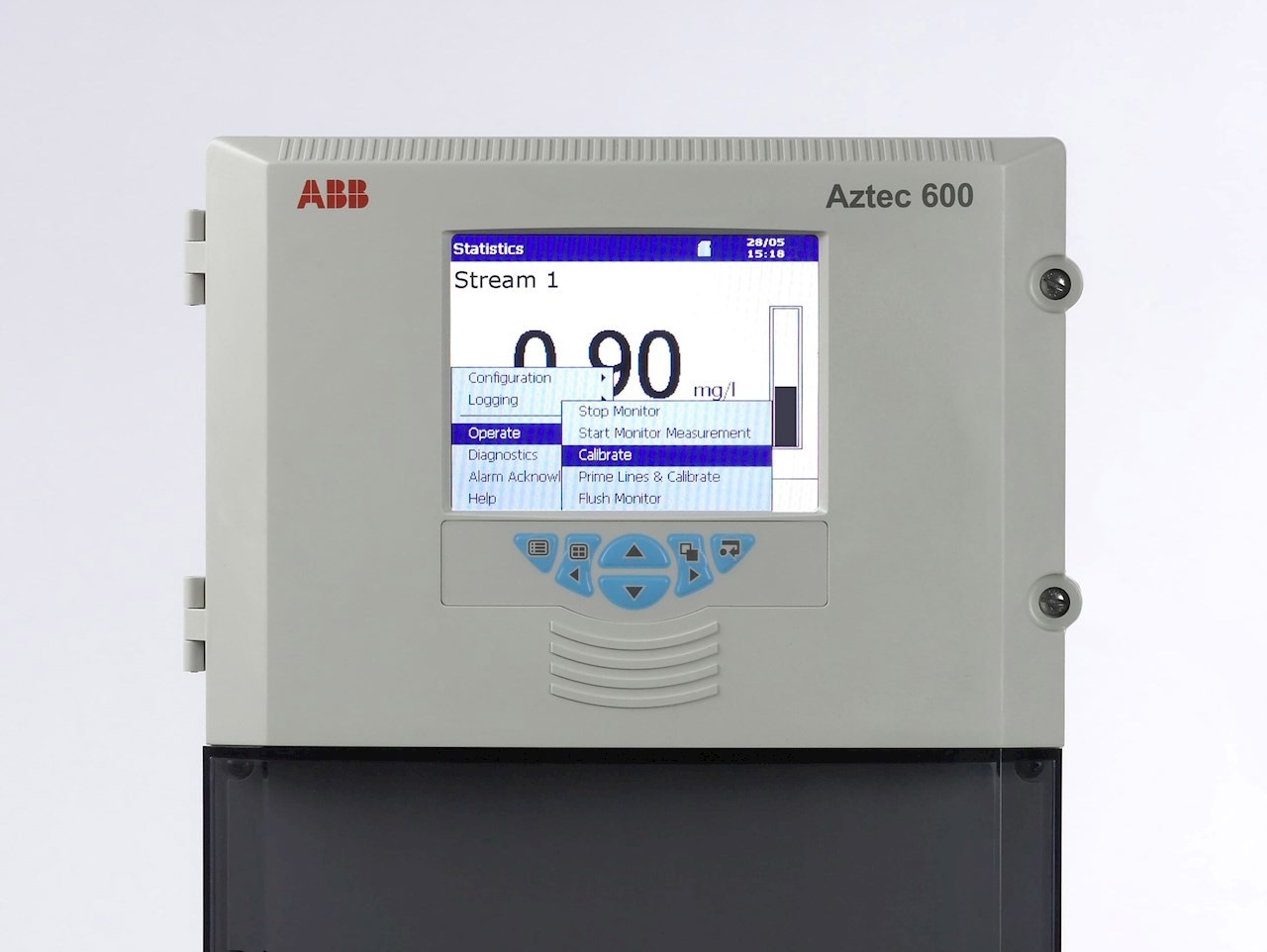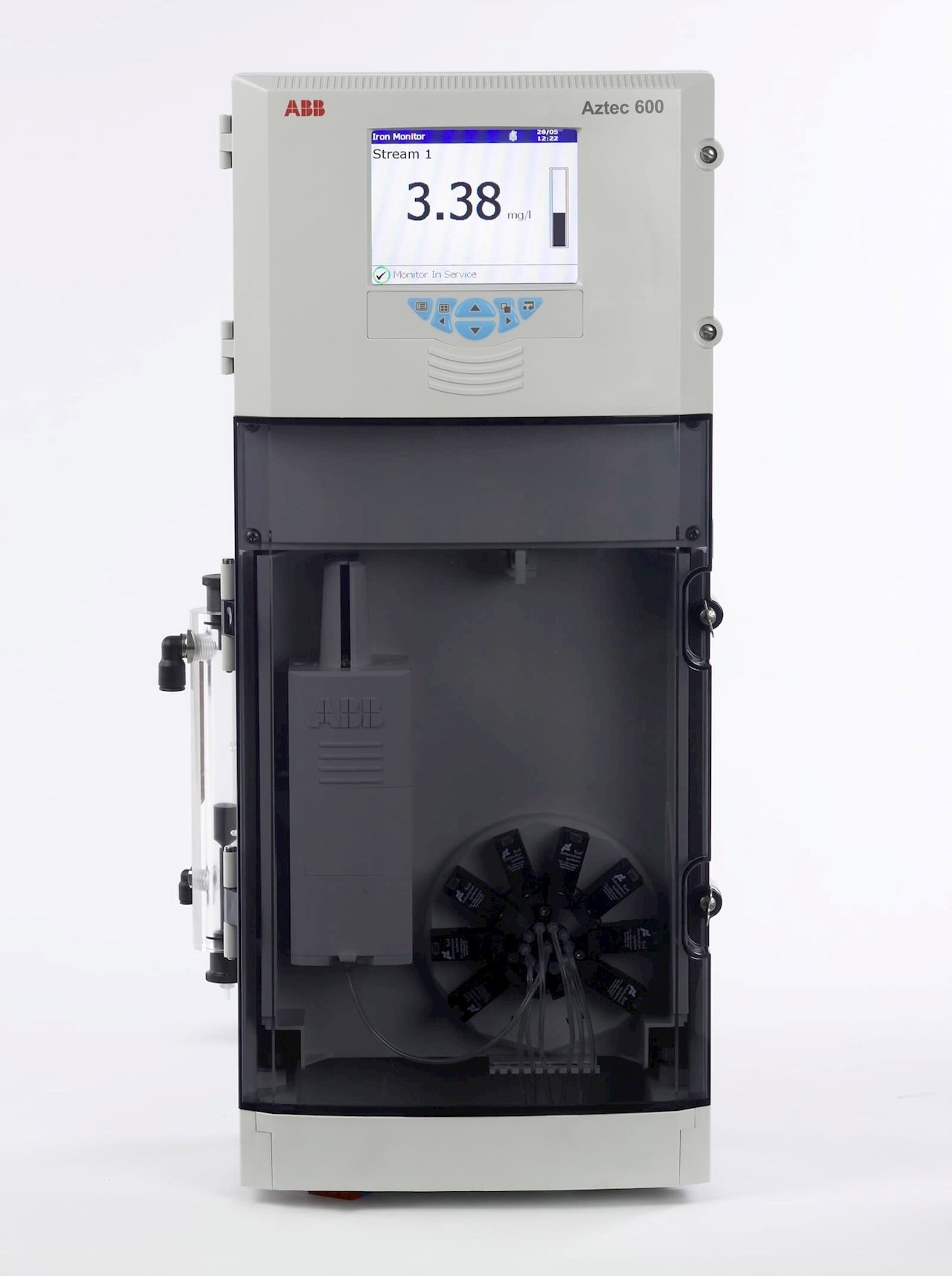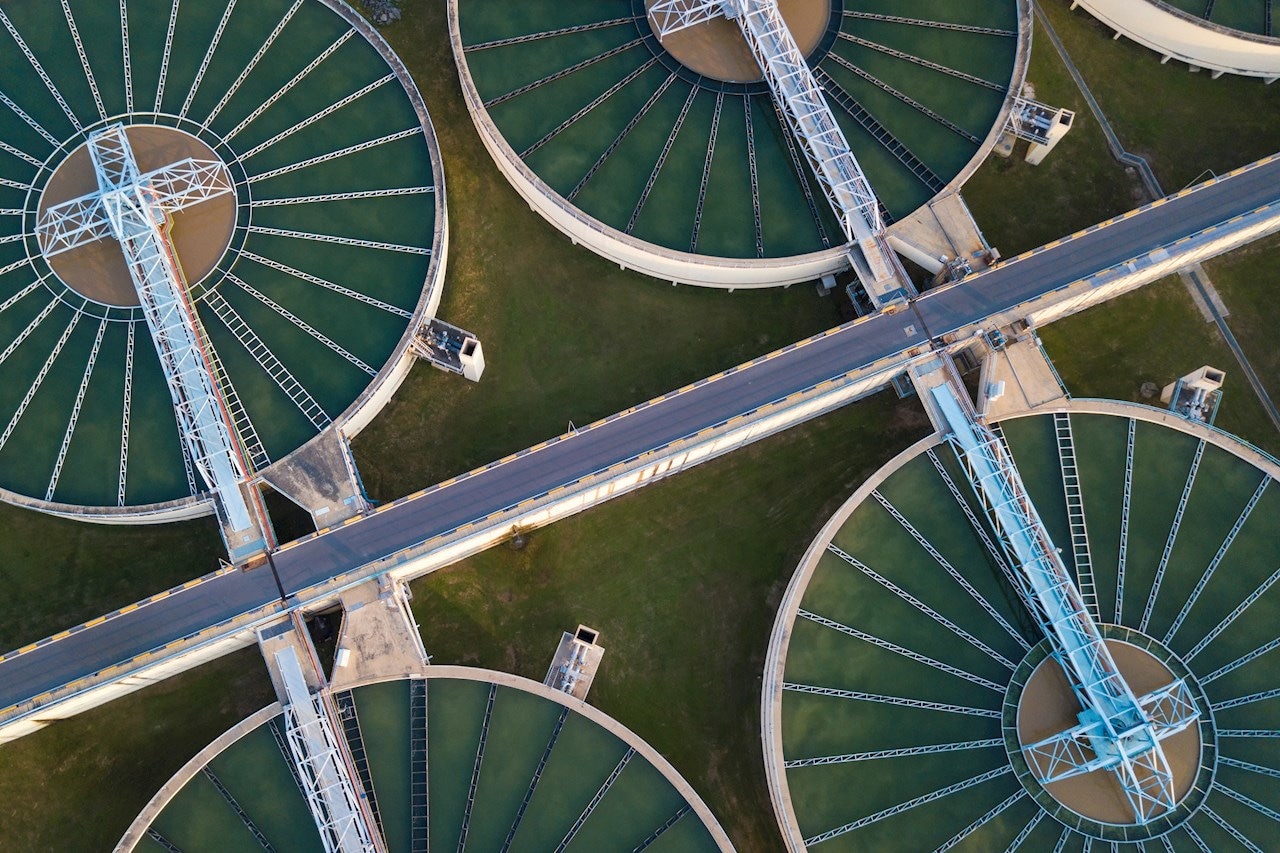- ABB in the UK saw a 50 percent increase in the sales of the Aztec 600 water quality analyzers in 2023 as British water utilities worked to ensure more sustainable management of potable and wastewater supplies
- Shifting weather patterns and the need for regulatory compliance have been key drivers in the demand for better water analysis
- The popular Aztec 600 enables UK water companies to improve their water treatment processes
ABB in the UK saw a 50 percent increase in the sales of its Aztec 600 water quality analyzers in 2023 compared to the previous year as British water utilities worked to ensure more sustainable management of potable and wastewater supplies, as well as compliance with water quality and environmental regulations. Shifting weather patterns and the need for regulatory compliance have been key drivers in the sales of the popular and trusted Aztec 600 analyzers.
“The need for more sustainable management of the UK’s water supplies is growing in importance as weather patterns become increasingly uncertain due to the impact of climate change,“ said Jon Penn, ABB Measurement & Analytics. “In recent years, we have seen extremes of wet and dry weather conditions affecting both the quantity and quality of water. This has made the accurate measurement of water supplies increasingly vital. Added to this is a tightening regulatory framework aimed at protecting the environment by reducing discharges of chemicals such as phosphates.”
The Aztec 600 analyzers enable accurate and reliable measurement of a range of key parameters in potable and wastewater treatment processes. With options available for measuring ammonia, iron, aluminium, manganese, color, phosphate, and more, the analyzers enable water utilities worldwide to safeguard water quality and ensure compliance with regulations.
Providing continuous analysis, the Aztec 600 analyzers collect and measure up to six samples per hour, enabling regular analysis of water quality at the point of extraction. With features including QR codes that provide remote access to diagnostic information, the analyzers reduce the time and cost of maintenance and enable smarter deployment of engineering resources.
In Scotland, Aztec 600 analyzers are providing additional monitoring at intakes to water treatment works to identify spikes in phosphate and manganese levels which have been caused as reduced rainfall has meant there is less water in the nation’s reservoirs to dilute them.
The tightening of phosphate consent levels to 0.1mg/l is seeing companies obliged to build tertiary treatment processes using coagulation to control phosphate levels. Coagulation uses iron or other metals-based coagulants to control phosphorous levels, requiring the measurement of iron to achieve the correct dosing, as well as phosphorous measurement to prove that levels have been reduced.

The Aztec 600 analyzers enable accurate and reliable measurement of a range of key parameters in potable and wastewater treatment processes.
Image Credit: ABB Measurement & Analytics

The Aztec 600 analyzer range is part of a wider portfolio of ABB products that help UK water utilities to manage the nation’s water more sustainably.
Image Credit: ABB Measurement & Analytics

The need for more sustainable management of the UK’s water supplies is growing in importance.
Image Credit: ABB Measurement
The Aztec 600 analyzer range is part of a wider portfolio of ABB products that are deployed both on the supply and demand sides to help UK water utilities to manage the nation’s water more sustainably.
Earlier this month, ABB announced that it has agreed to acquire Canadian company Real Tech, a move that will expand ABB’s strong presence in the water analysis segment and complement its portfolio with optical sensor technology critical for the age of smart water.
ABB’s Process Automation business automates, electrifies and digitalizes industrial operations that address a wide range of essential needs – from supplying energy, water and materials, to producing goods and transporting them to market. With its ~20,000 employees, leading technology and service expertise, ABB Process Automation helps customers in process, hybrid and maritime industries improve performance and safety of operations, enabling a more sustainable and resource-efficient future. go.abb/processautomation
ABB is a technology leader in electrification and automation, enabling a more sustainable and resource-efficient future. The company’s solutions connect engineering know-how and software to optimize how things are manufactured, moved, powered and operated. Building on more than 140 years of excellence, ABB’s ~105,000 employees are committed to driving innovations that accelerate industrial transformation. www.abb.com